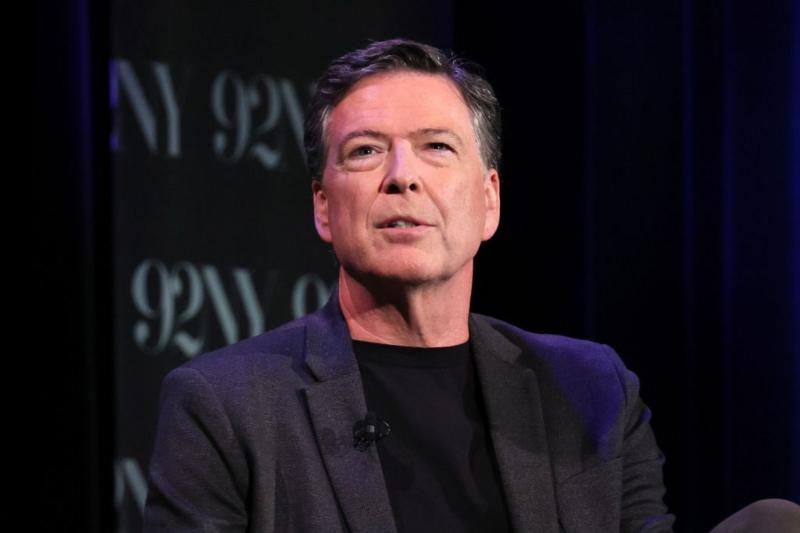Summary
The U.S. government charged former FBI Director James Comey with making a false statement to Congress and obstructing an investigation. President Trump supported these charges but his actions and public comments might weaken the case. Some legal experts warn that the process used to charge Comey could be seen as biased due to Trump's pressure.
Key Facts
- James Comey was indicted on charges of making a false statement to Congress and obstructing an investigation.
- President Trump publicly endorsed the indictment of Comey, a long-time political opponent.
- There are concerns that Trump's public statements and actions could make it harder to secure a conviction.
- The indictment is unusually short for a high-profile case, only two pages long.
- To convict Comey, prosecutors must prove he knowingly lied, which requires strong evidence.
- A grand jury charged Comey with two counts based on the evidence presented.
- The grand jury's decision-making process and evidence are confidential.
